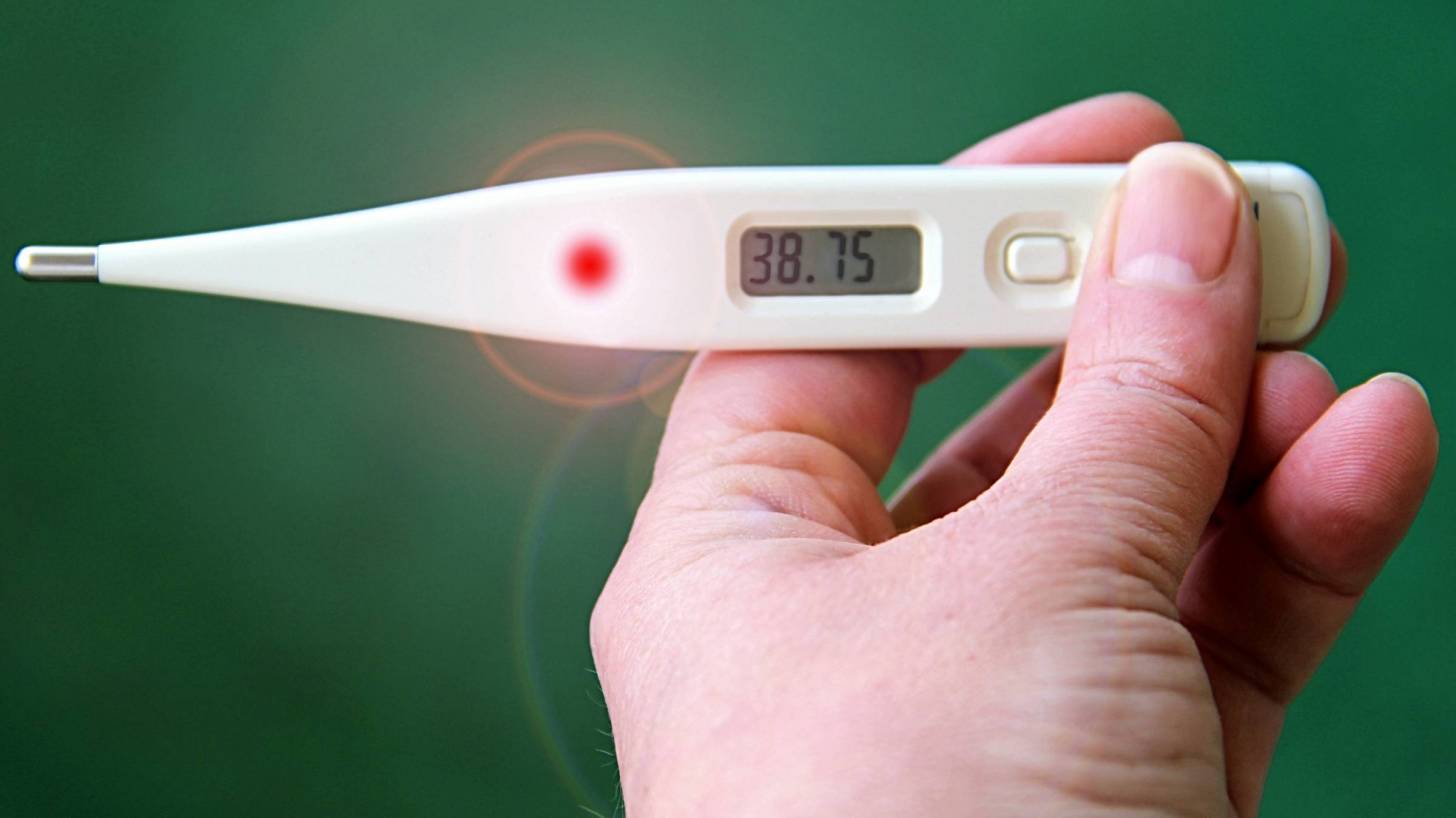The Philippines Begins Screening People Arriving From China

The Philippines Department of Health has instructed the Bureau of Quarantine to intensify surveillance of arriving people from China amid a mysterious virus that has infected dozens of people in China and Hong Kong.
As of January 5, 2020, the Wuhan Municipal Health Committee reported a total of 59 patients with an unexplained diagnosis of viral pneumonia, including 7 critically ill patients, and the remaining patients' overall vital signs were stable.
Among the 59 patients, the earliest onset of the case was December 12, 2019, and the latest onset was December 29th. And, the follow-up of close contacts is still in progress.
As of now, respiratory pathogens such as influenza, avian influenza, adenovirus, infectious atypical pneumonia (SARS) and the Middle East Respiratory Syndrome (MERS) have been excluded.
Pathogen identification and cause tracing are still underway, confirmed the Wuhan Health Committee.
According to CNN news reporting on January 7, 2020, around 38 to 40 thermal scanners have been deployed at Philippine air and seaports to check passengers from China and nearby countries.
Should a scanner detect a body temperature of 36.5 degrees Celsius or higher, the passenger will be led to the quarantine bureau for further evaluation.
If the passenger‘s fever persists along with respiratory symptoms, he will be sent to the Research Institute for Tropical Medicine.
Philippines Health Secretary Francisco Duque III, M.D., said to Gulf News on January 6th, “According to reports, the said disease is similar to ‘viral pneumonia of unknown origin'. I urge the public, especially those with a history of travel from China, to seek immediate medical consult if experiencing any flu-like symptoms.”
Passenger screening measures have been placed at the Mactan-Cebu International Airport, which has daily flights from Chinese cities.
Dr. Joyce Gonzales of the airport's quarantine bureau said they are particularly monitoring Chinese nationals and people from Chinese cities.
On January 6, 2020, the US Centers for Disease Control and Prevention (CDC) issued a Level 1 Travel Alert regarding the Wuhan, China situation.
The CDC suggests travelers to Wuhan should:
- Avoid animals (alive or dead), animal markets, and products that come from animals (such as uncooked meat).
- Avoid contact with sick people.
- Wash hands often with soap and water.
If you traveled to Wuhan and feel sick, you should:
- Stay home. Except for seeking medical care, avoid contact with others.
- Don’t travel while sick.
- Seek medical care right away. Before you go to a doctor’s office or emergency room, call ahead and tell the doctor about your recent travel and your symptoms.
- Cover your mouth and nose with a tissue or your sleeve (not your hands) when coughing or sneezing.
The CDC says as of this posting, case-patients in the cluster reportedly have had a fever, difficulty breathing, and bilateral lung infiltrates on chest radiograph.
For patients with similar respiratory symptoms who recently traveled to Wuhan, consider pneumonia related to the cluster and notify infection control personnel and your local health department immediately.
Although the etiology and transmission dynamics have yet to be determined, CDC recommends a cautious approach to symptomatic patients with a history of travel to Wuhan.
- Ask patients to don a surgical mask as soon as they are identified. Conduct their evaluation in a private room with the door closed.
- Personnel entering the room to evaluate the patient should use contact precautions and wear an N95 disposable facepiece respirator.
- For patients admitted for inpatient care, implement contact and airborne isolation precautions, in addition to standard precautions, until further information becomes available.
For additional infection control guidance see this CDC website.
International health and vaccination news published by Vax-Before-Travel.
Our Trust Standards: Medical Advisory Committee
- CDC: Pneumonia of Unknown Cause in China
- Wuhan Municipal Health Committee's report on unexplained viral pneumonia
- Quarantine bureau told to be alert for mysterious virus from China
- No cause for panic on mystery disease, Philippine Red Cross chair says
- Causal-Agent Not Yet Identified in China’s Viral Pneumonia Outbreak

























